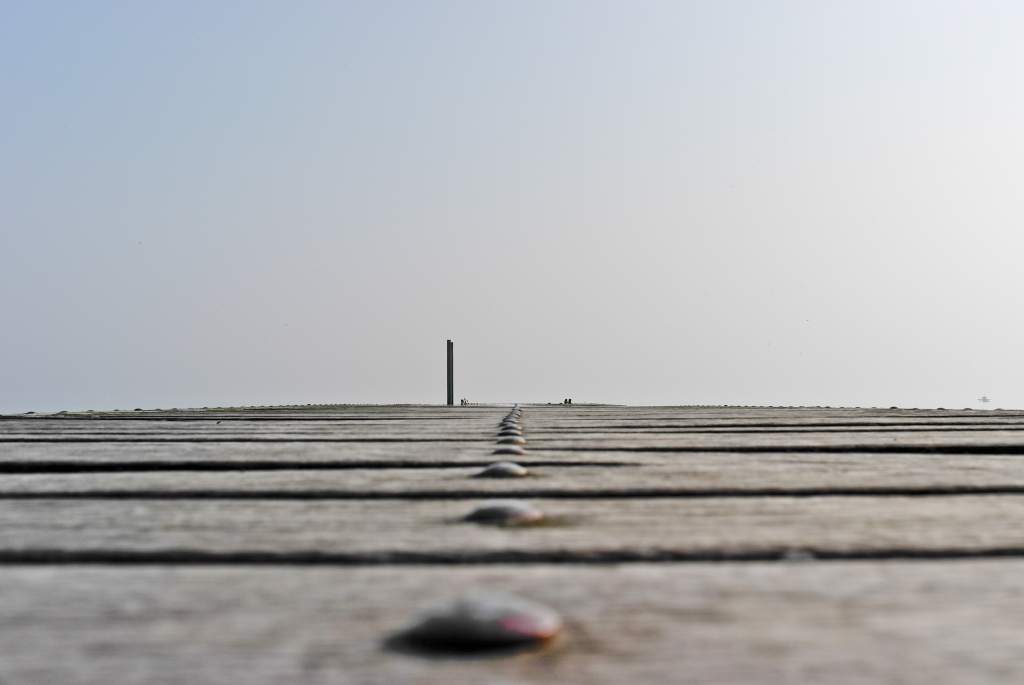 Share this!
Share this!AMiD project looks at the topic of migrant with disabilities under different angles.
The very starting point of the journey was getting the picture of the different situation of migrants and refugees with disabilities in some EU member countries. Mostly, the ones on the front line to the welcome.
Greece, Austria and Italy were part of the study. Finland played the role of reallocation countries.
Findings and information gave the fuel to activities and the setting of the NAT-Need Assessment Tool.
Knowing and understanding gaps and challenges in the existing disability sector and the services available to the migrants with disabilities were one of the basic cornerstones of the project.
The report, as it is
The report is the result of contributions collected in different ways and from different sources.
The voice of the migrants with disabilities were heard via focus groups in each of these countries. Positive and negative experiences, suggestions and stories back on how their day to day, month after months lives is.
Experts and professionals were interviewed as well in focus groups.
Desk research brought the current situation on migration and disability. But also spotted the concept of integration and disability, the rights of migrants and the level of discrimination (in social life, laws, healthcare, education etc.).
Final recommendations for each country sum up the sense, the need and the requests for improvements.
What AMiD learned and you will learn
Migrants with disabilities have really clear something that sounds, unfortunately, obvious.
They are facing double discrimination. First because of their disability and second because they are not European citizens.
Frustration can be higher in some cases. Even when services are available, procedures might make them inaccessible. For example, requiring an official translator. Not only easy to get one.
Or the never-ending quest for an accommodation. The whole process might last more than one year.
Not only seeing dark
Very appreciated can be little but warm things. Like when the staff made a course in sign language and decided to use this ability to support colleagues working with refugees.
Or when refugees’ families discover that their children can go to school and the National educational system fully provides assistive devices.
Leisure activities are very important. And can be a nice surprise as well. Like being able to take part in social activities, like local festivities in the different regions, both Catholic or from the Muslim calendar when there is a Muslin community in the area.
And for the future
Briefly, in the different countries there were crosscutting recommendations that came from all the different countries:
- Refugees and asylum seekers with disabilities must stay together with their family. Splitting family members causes more stress and insecurity to those family members that have disability.
- Simplify bureaucracy. Sometimes is difficult even for native, what for those coming for the first time in a totally new country?
- the need for raising awareness on the topic and a help from a higher political European level Especially when right-far right coalitions are in power in national countries to balance the efforts of local authorities and local no-profit organisations
And a final say: all assistance activities must be carried out with full respect for the fundamental rights of migrants.
Take a look of the full reports, the cross country and the national ones for Austria, Finland, Greece and Italy on the AMiD project page.

This project has received funding from the European Union’s AMIF – Asylum Migration and Integration Fund programme under grant agreement No 776055
Photo by Olivier Villard on Unsplash
